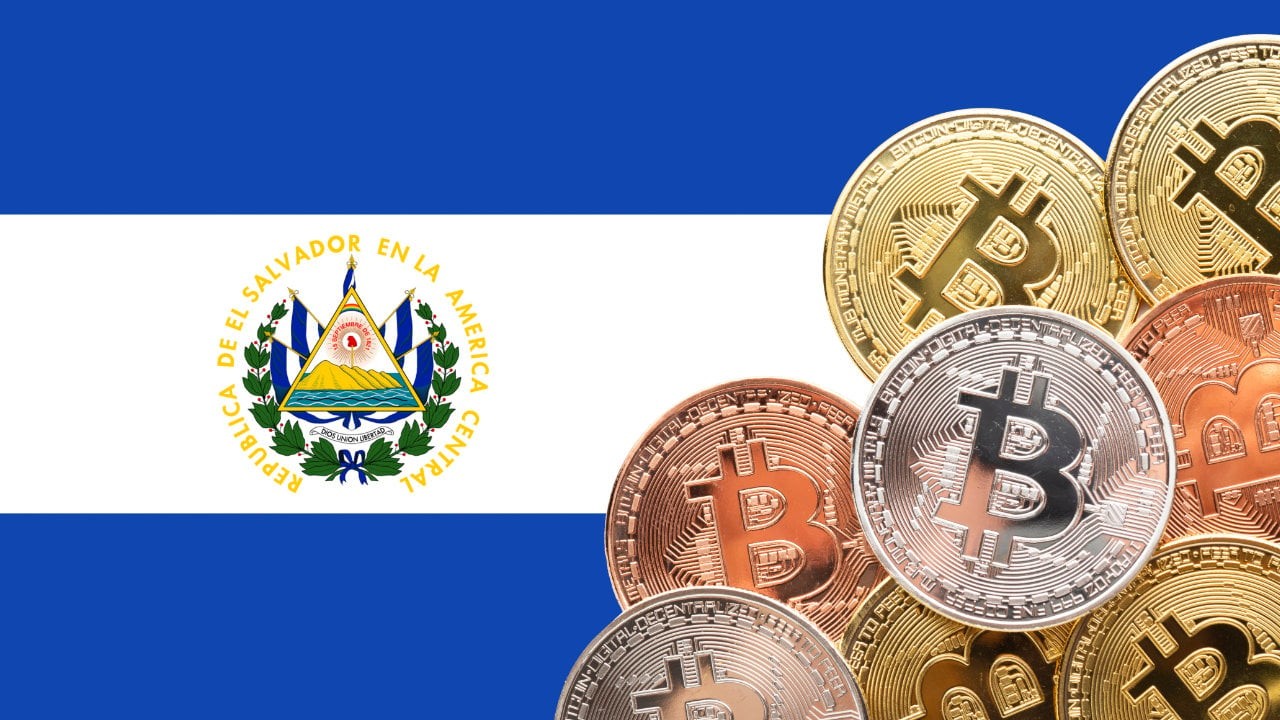
El Salvador's congress has approved a reformed Bitcoin Act that strips Bitcoin of its status as legal tender in the country, marking a significant shift in the nation's pioneering cryptocurrency policy.
The Central American nation, which made history in 2021 by becoming the first country to adopt Bitcoin as legal tender under President Nayib Bukele's administration, has now reversed course under pressure from the International Monetary Fund (IMF).
According to Spanish newspaper El País, the decision was made to secure a $1.4 billion loan agreement with the IMF. While Bitcoin will no longer hold currency status, merchants and institutions can still accept it voluntarily as a payment method if both parties agree.
The reformed act also removes the ability to pay taxes using Bitcoin, further diminishing its role in the country's financial system. This development comes despite El Salvador's previous strong stance on cryptocurrency adoption and President Bukele's vocal support for Bitcoin.
Survey data reveals that the majority of El Salvadorans have not embraced Bitcoin as a currency, citing concerns over its price volatility. However, the country maintains its commitment to cryptocurrency, continuing to purchase Bitcoin at a rate of 2 BTC per day.
The IMF, which has consistently opposed El Salvador's Bitcoin experiment since 2021, appears to have achieved its objective of reducing cryptocurrency's official role in the nation's economy. The international body, focused on stabilizing currencies and reducing poverty, had repeatedly warned about the risks associated with Bitcoin as legal tender.
Despite losing its currency status, Bitcoin adoption in El Salvador isn't completely abandoned. Citizens can still use Bitcoin for payments through registered digital wallets, and the government plans to continue its Bitcoin purchasing and mining operations.
The news has impacted Bitcoin's market value, with the cryptocurrency trading at $97,127, showing a 3.68% decline over 24 hours. Market experts suggest this policy shift, combined with other factors, could lead to further price adjustments in the near term.